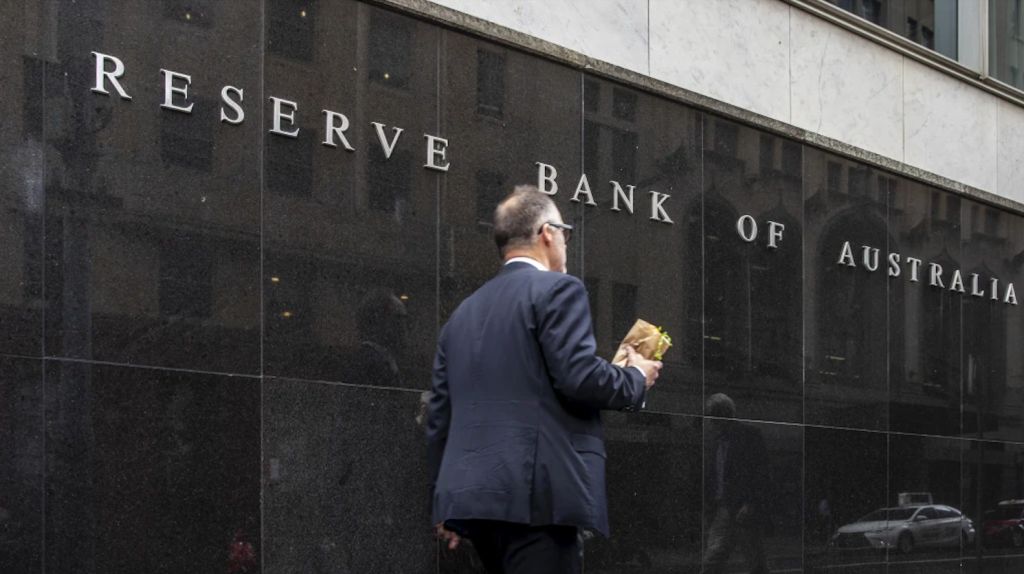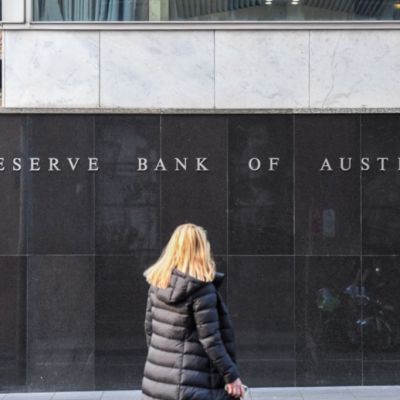Refinance or wait it out: Have we seen the worst of the rate rises?

Homeowners who have not considered refinancing to a better interest rate on their mortgage are “prolonging the inevitable” according to brokers, with rates tipped to rise when the RBA meets again next week.
The pressure of five consecutive interest rate rises has prompted record numbers of mortgage holders to refinance in recent months — the latest data from the ABS showed $17.2 billion of refinancing had been completed in July — but there are still too many homeowners who have not done a health check on their home loan, brokers say.
“The message isn’t should you refinance – but the message is you should see if you can refinance,” says Greg Boustead of Domain Home Loans.
“There’s no better time to check if you can. For example, I had an appointment with someone I spoke to in June. The rates we were looking at [then] were 2.5 per cent and the rates I put in today are 3.9 per cent. So by waiting that three months, the rates have gone up so much.”
The longer it’s left, the harder it could be to get a better deal at all, says Domain Home Loans senior broker Natalie Abel.
“What I’m getting a lot of the time now is some people can’t afford what they even borrowed,” she says. “Sometimes I’m turning away clients because they can’t refinance their own debt – they can’t afford it.”
Abel says clients are finding themselves stuck with their current loan and unable to refinance because their bank’s assessment rates – the buffer that a bank builds in on top of the advertised interest rate to ensure a homeowner can repay the loan if rates rise – have risen so significantly.
“That’s what I’m finding a lot of the time at the moment, especially the past couple of weeks with some people wanting to refinance – that their income actually doesn’t extend to their circumstance at the moment,” she says.
“It doesn’t necessarily mean that the bank lent them money that was incorrect,” Abel adds, because they could then have “had a child, or maybe two children, or cut down from full-time to part-time because they had kids or [went] on mat leave”.
“It’s not necessarily that the bank did the wrong thing or we did the wrong thing as a broker,” she says. “It’s that people’s circumstances change.”
The refinancing dilemma: choosing a fixed or variable rate
The head of investment strategy and chief economist at AMP Capital, Shane Oliver, says while we may have seen the bulk of the interest rate hikes, it’s likely that there are still more to go, which makes the decision on what type of rate to refinance to a difficult one.
“[The Reserve Bank] has signalled it expects to raise interest rates further to quell inflation,” he says. “It’s also indicated that at some point it will slow down the rate hikes, but that’s unclear as to when that will occur.”
Oliver says while it’s always been important for home owners to check the health of their home loan, in the current interest rate climate it’s now imperative, particularly for those coming off fixed rates within the next few months.
“The problem for home borrowers is those who are on fixed rates will come off,” he says. “The term will expire and they’ll revert to some other rate, and they need to make sure they can service that other rate.”
Home owners who are considering refinancing now have a difficult decision to make: stability and certainty with a fixed, more expensive rate, or going with a variable rate, knowing it is likely to keep going up.
“Decision time is coming,” Oliver says. “Do they lock in at 5 or 6 per cent, depending on what rate the bank is offering them for a similar fixed term, or do they go to a variable rate, and then sit it out because there’s also a possibility that rates might peak in the next six to 12 months and start coming back down again?
“It’s a difficult time for many.”
Oliver says the concept of “health checking” or reviewing home loan rates is possibly an unfamiliar concept for some homeowners, particularly those who’ve purchased within the past decade.
“We’ve had more than 10 years of declining rates – the last rate hike was back in 2010 – so people had become complacent,” he says. “They were starting to think low interest rates were the norm and that probably led to a degree of complacency.
“Now it’s a bit of a shock particularly to see the size and the interest rate increases that we are seeing – it’s the steepest tightening cycle since 1994. A lot of people wouldn’t be used to that.
“That means they’ve got to worry more about the level of debt they’ve taken on as well as servicing that debt. The best thing people can do is really have a chat with their bank and see what’s on offer.”
We recommend
We thought you might like
States
Capital Cities
Capital Cities - Rentals
Popular Areas
Allhomes
More









